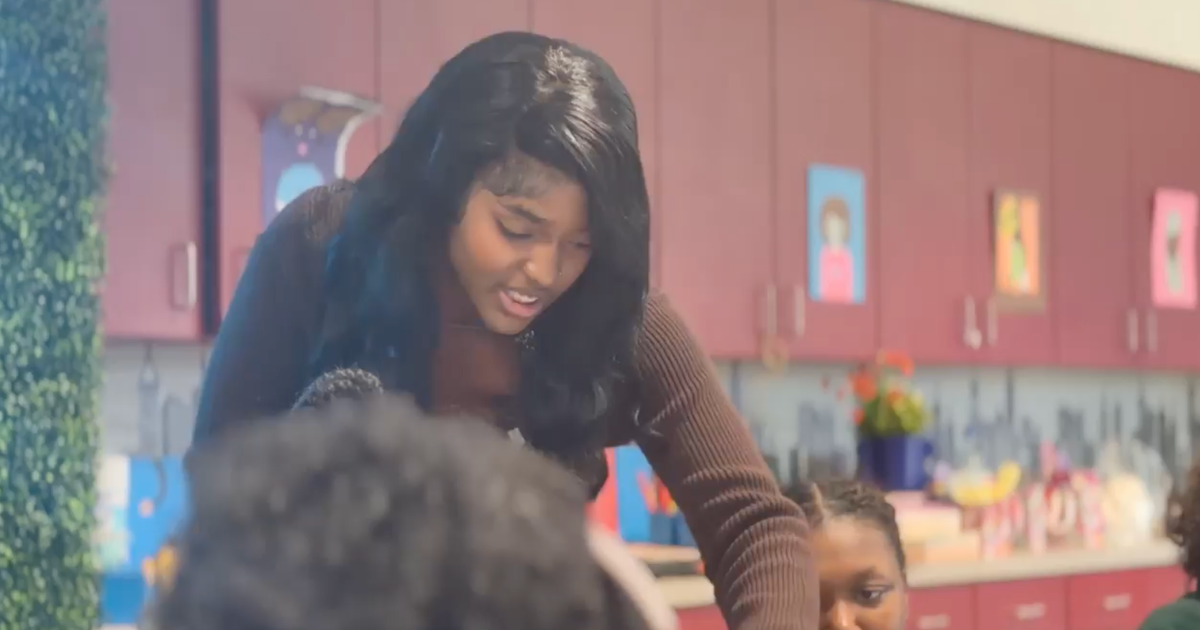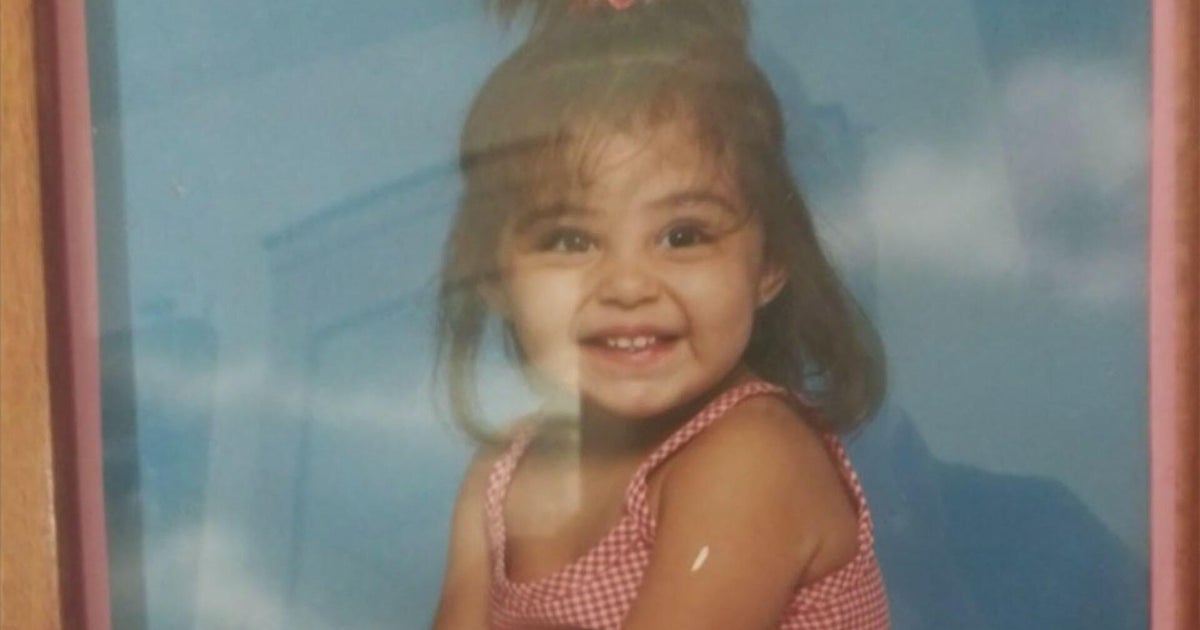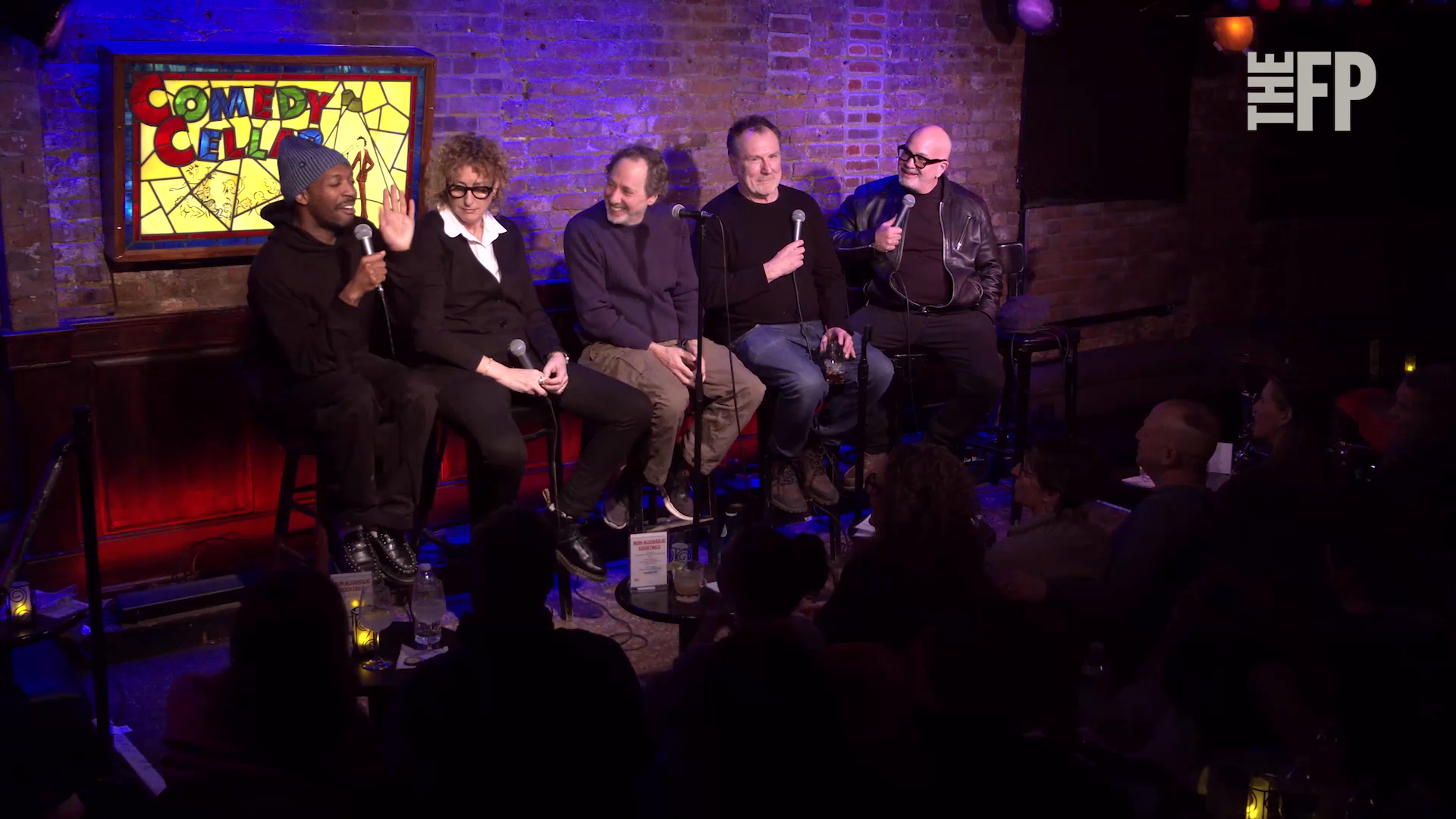Global Goalscast — How comedy helps heal the world
While the Sustainable Development Goals tackle some of the world's gravest problems, some of the individual goals can be targeted by taking oneself a little less seriously. In this edition of the Global Goalscast, hosts Edie Lush and Claudia Romo Edelman talk to comedians who challenge stereotypes and show how laughter is the best medicine, in life as in global development.
There are at least three goals that involve eradicating bias, increasing understanding and reducing intolerance: Goals number 5, 10, and 16: the goals that tackle gender equality, reduced inequality more broadly and the creation of peace and justice through strong institutions, respectively. All of those require greater mutual understanding and acceptance. One way comedy can tackle that is by breaking down stereotypes.
Noam Shuster is a liberal Jewish comedian who routinely puts on a show with another female comedian from the conservative end of the spectrum.
"When we have shows they're full, they're always sold out and we basically bring into one auditorium our audience, which come from such different sectors of society, right-wing and left-wing people. And we're bringing together a religious and secular and Arabs and Jews."
For Shuster, comedy took her across one of the most fractions geo-political divides on earth, and helped her make a connection.
"One of the places that comedy has brought me is to be the first Jewish performer in a Palestinian comedy festival. And there were two guys who are sitting in the front row looking at me, like, what is this Jew gonna tell us, you know? So I walk on stage and I'm thinking, how am I going to break the ice? Like what? It's a crowd of 300 Palestinians. So I walk in on stage and I look at them and I tell him, Habibi, relax. I'm only here for seven minutes, not 70 years."
Noam's father is a Romanian Jew, and her mother was born in Iran, which makes her background a unique cultural hybrid. After what she considers a failed sting in a peace organization, Noam turned to comedy, and found that her heritage allowed her a special way in.
"The political situation here is very devastating. It's stuck. It's very hard to talk about peace. It's very hard to be a peace activist. It's hard to even say the word peace here. It's a small territory and we move between contradicting narratives and communities and places all the time and because I speak Arabic, because I have so many contradicting identities within me that I bring into the comedy, I'm able to navigate into, walk in between all of these audiences and these identities in hope that what I was not able to do in an organization set or a political set, I will be able to do a little bit through the laughter and a performance in front of people."
Irish comic Catherine Bohart takes on a different set of stereotypes in her set, sharing her experience of being a bisexual woman in a religious Irish household.
"I like to play with stereotypes," said Bohart. "I like to unpick them. I like to upend them, I like to use them. Like I like knowing what people think, what they see when I come on stage because that's the only way I can play with that. If I'm, like, fully acknowledging the people see a young, like, fem girly girl."
Although Ireland is becoming rapidly more secular and liberal, there are still plenty of lingering stereotypes for Bohart to play on in order to challenge people's assumptions.
"I think it's that people interpret lesbianism is, like, short hair, shirt-wearing, masculine-presenting women and actually 1) that's great, 2) straight women can present those ways and 3), not all of us look the same."
All of these comedians offer up perspectives on moments of pain and suffering from their own lives with humility and self-deprecation, in the hope that by airing their absurdity, progress can be made, and others might not suffer the same fates.
Is it possible to change the world? Can we still make the planet a better place for us all to live? U.N. special adviser Claudia Romo Edelman and Hub Culture executive editor Edie Lush -- hosts of the Global Goalscast -- believe the answer is a resounding 'yes,' and that everyone can play a part. Subscribe to the podcast here.



